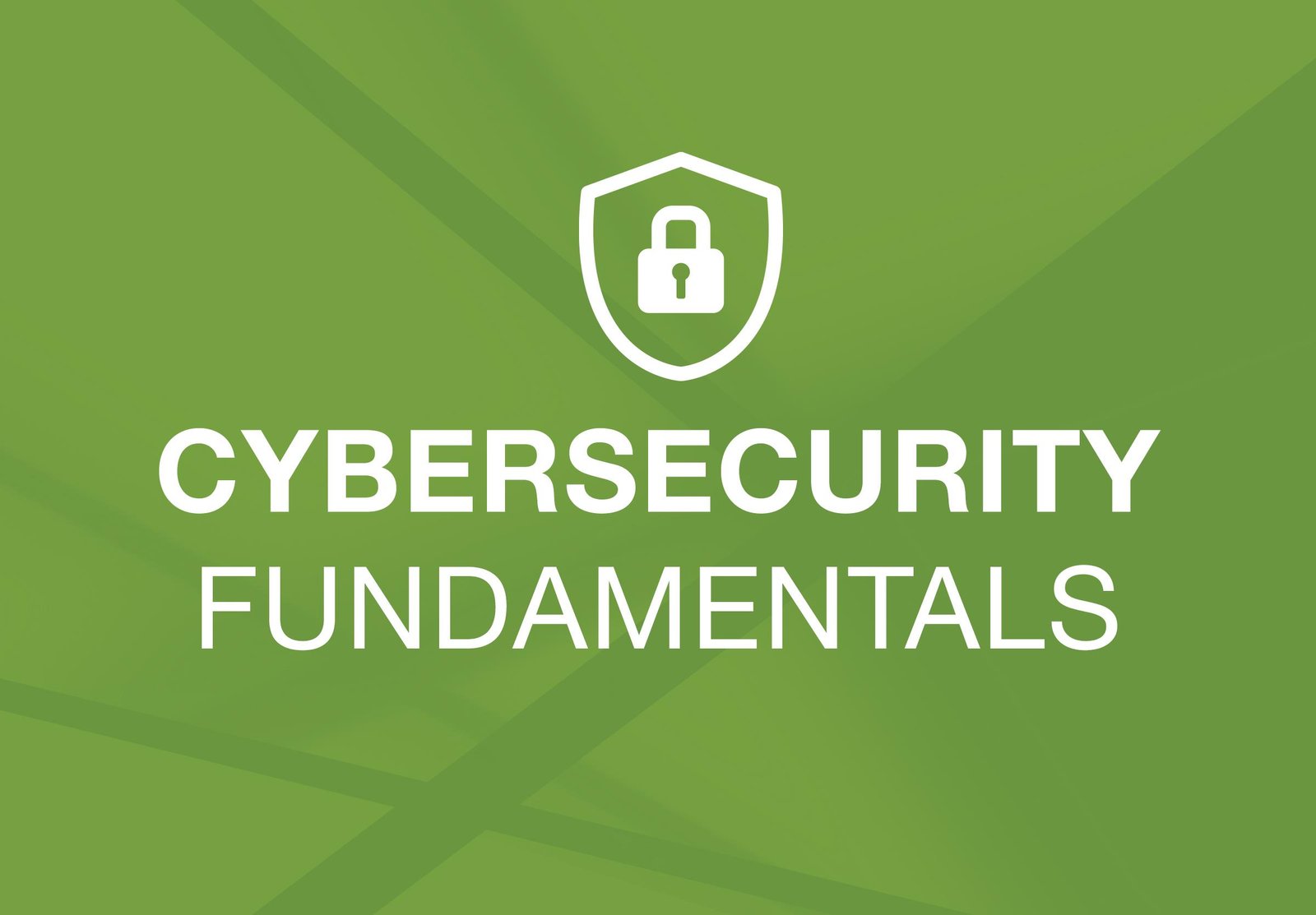Cybersecurity Fundamentals

Cybersecurity Fundamentals: Building a Foundation for Digital Defense
Welcome to the “Cybersecurity Fundamentals” course, where we embark on a comprehensive journey into the essential principles and practices that form the bedrock of effective digital defense. In an era where digital threats are ever evolving, understanding the fundamentals of cybersecurity is crucial for individuals and organizations alike. Whether you’re new to the field or seeking to reinforce your knowledge, this course will equip you with the necessary skills to navigate the dynamic landscape of cybersecurity.
Course Overview:
- Introduction to Cybersecurity:
- Explore the landscape of cybersecurity, understanding its significance in safeguarding digital assets.
- Learn about the evolution of cyber threats and the current cybersecurity landscape.
- Foundational Concepts:
- Delve into the core concepts of cybersecurity, including confidentiality, integrity, availability, and non-repudiation.
- Understand the CIA Triad and how it forms the basis for designing secure systems.
- Cyber Threats and Attack Vectors:
- Identify common cyber threats, including malware, phishing, ransomware, and social engineering.
- Explore various attack vectors employed by cybercriminals to compromise digital security.
- Network Security Basics:
- Learn the fundamentals of network security, including firewalls, intrusion detection systems, and secure communication protocols.
- Understand how to secure networks against unauthorized access and data breaches.
- Endpoint Security:
- Explore strategies for securing endpoints, such as computers, servers, and mobile devices.
- Learn about antivirus software, encryption, and other measures to protect individual devices.
- Security Policies and Best Practices:
- Understand the importance of security policies in maintaining a secure environment.
- Explore best practices for password management, access control, and data encryption.
- Incident Response and Recovery:
- Learn how to develop an incident response plan to effectively address and mitigate security incidents.
- Understand the steps involved in recovering from a cybersecurity incident.
- Security Awareness and Training:
- Explore the human factor in cybersecurity and the importance of fostering a security-aware culture.
- Learn how to conduct effective security awareness programs and training for individuals and organizations.
- Cryptography Essentials:
- Gain an understanding of cryptography and its role in securing digital communications.
- Explore common cryptographic algorithms and their applications.
- Ethical Considerations:
- Discuss the ethical responsibilities of cybersecurity professionals.
- Explore the ethical considerations in vulnerability disclosure and penetration testing.
Who Should Take This Course:
- IT Professionals and System Administrators
- Security Analysts and Cybersecurity Enthusiasts
- Managers and Decision-Makers Concerned with Digital Security
- Students and Individuals Interested in Cybersecurity Fundamentals
Conclusion:
The “Cybersecurity Fundamentals” course is your gateway to building a strong foundation in the dynamic and critical field of cybersecurity. Whether you’re starting your cybersecurity journey or seeking to enhance your skills, this course provides the knowledge and practical insights needed to navigate the complex landscape of digital defense. Join us as we explore the fundamentals that underpin a secure digital environment. Welcome to the world of cybersecurity excellence!
